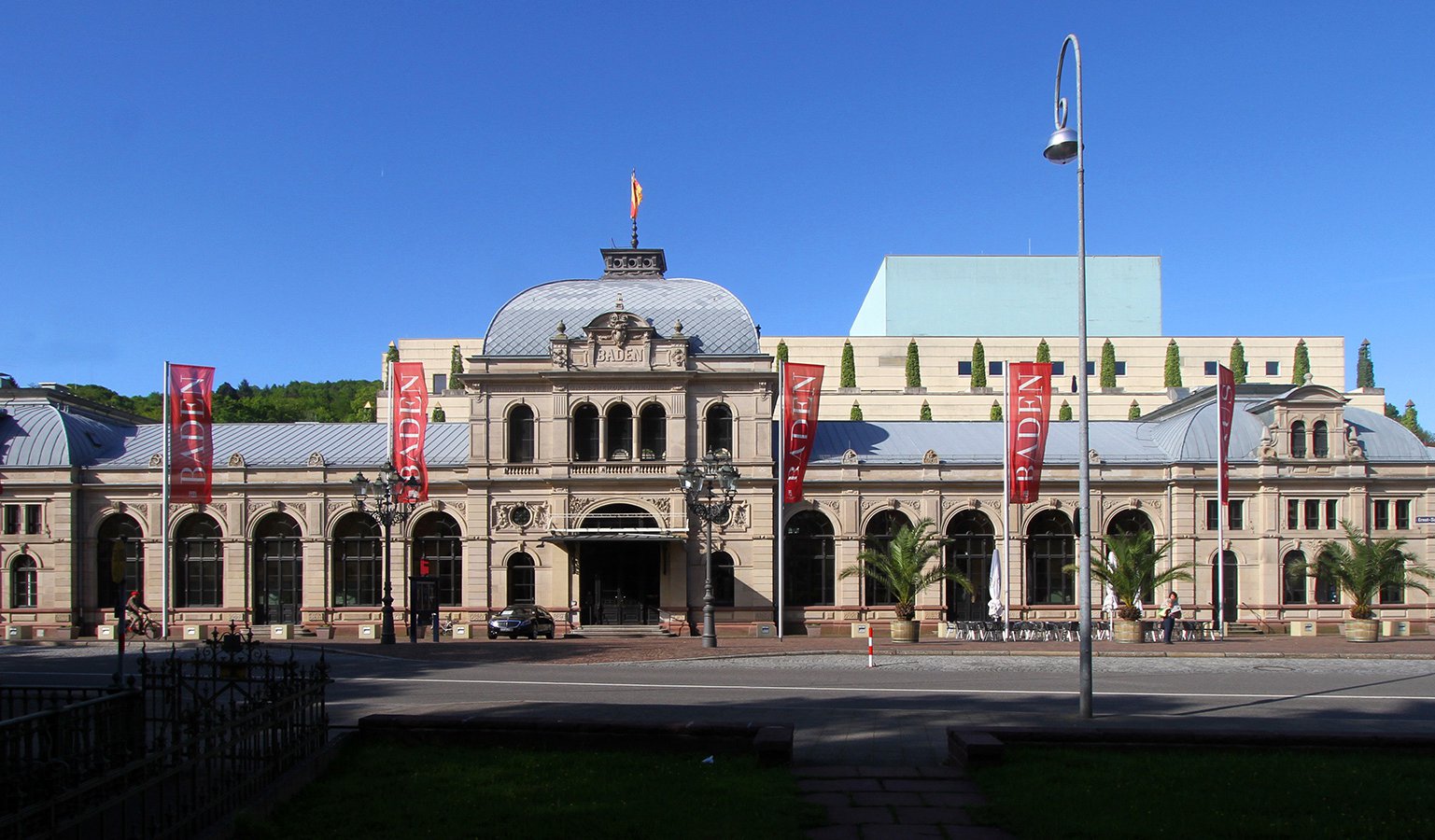
Program
Featuring
Other information
The event is about 2.5 hours long.
About the event
The Budapest Festival Orchestra will bring works by Dvořák and Beethoven to a European tour. The concert is a part of the Dvořák–Beethoven series launched in 2017, will also include a Czech choral piece, even though you will not see a choir listed on the programme!
The evening will open with three short compositions by Dvořák: first, a piece from the cycle entitled Legends. This joyful and patriotic set of ten songs is not dance music int he strict sense, but already carries forebodings of the Slavonic Dances, which first brought international acclaim for the composer. The concert will include the final one of the Op. 72 dances, Sousedská, in moderate tempo and triple meter. Between the two works, the orchestra will perform one of Dvořák’s compositions for mixed choir, the Cradle Song. For years, the BFO’s musicians have also been polishing their skills as a choir; the programme of this concert will once again provide them with an opportunity to show off how far they have come.
Elisabeth Leonskaja made her debut as a soloist at the age of 11 with Beethoven’s Piano Concerto No. 1 and will perform his last, the “Emperor’s Concert”, in the land of the Queen. The nickname for Beethoven’s Piano Concerto No. 5, an allusion to Napoleon, was coined by the composer’s British publisher, and reflects the breadth, heroic tone and militaristic atmosphere of the piece. The unexpected entry of the piano at the very beginning of the first movement, the mesmerising slow movement pointing already to Chopin and the victorious finale suggest a composer at the height of his powers, Beethoven’s imminent deafness notwithstanding.
The second half of the concert will once again place the Czech composer in the spotlight. Dvořák’s Symphony No. 8 in G major is arguably his most original and most intimate work in the genre. In search of a new path and new sounds, he composed this inward but at the same time optimistic piece, which is classical in form, yet encompasses a broad spectrum of emotions and includes Slavic motifs. It is sometimes referred to as the “English Symphony”, after Dvořák’s London publisher.
